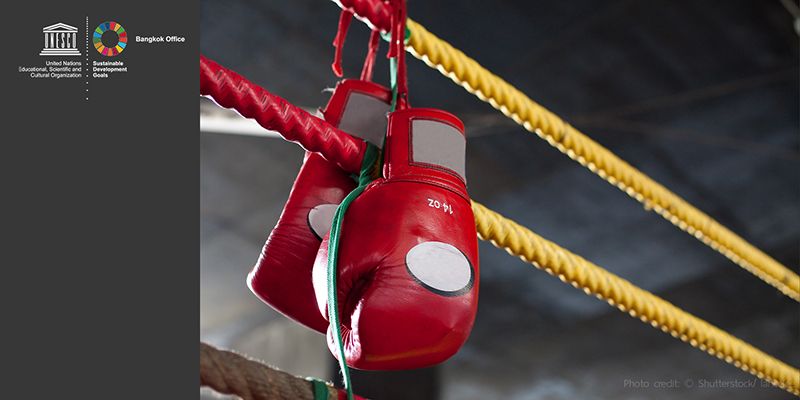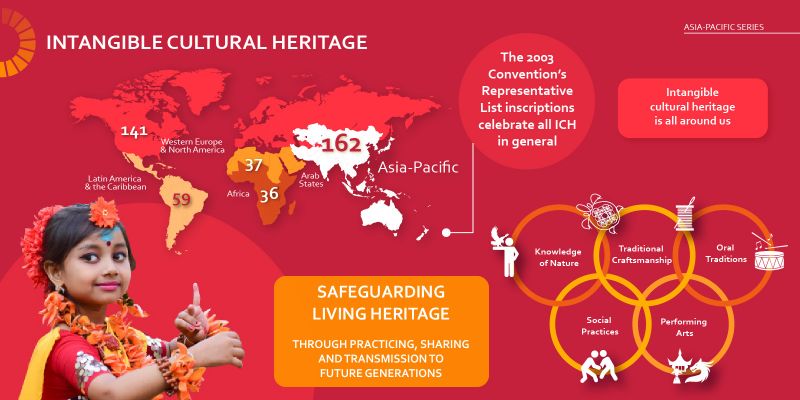Hack the future: Preserving indigenous languages through free and open source software
Dawn Bouttasing grew up in Phonsavanh, Laos, with a family that at home mainly spoke Khmu, one of the many indigenous languages of Laos. Her father set a rule that she and her siblings had to always speak Khmu with their parents, no matter where they were, and Dawn was taught to be proud of her Khmu heritage and traditions.
As a student in secondary school, Dawn sometimes faced ridicule from her majority Lao classmates, who called her Lao Kang (an insult to Khmu people). Years later, when she moved to Vientiane for college, she felt isolated as many students around her, even those whom she knew were Khmu, were too ashamed to speak in their language in public. In the face of these challenges, Dawn remembered the lessons of her father and held on to her traditions and language, and now plans on opening a school that teaches Khmu language and culture.
Dawn is a native speaker of an indigenous language. Conservative estimates suggest that more than half of the world’s 6,700 languages will become extinct by 2100. The majority of the languages under threat are indigenous languages.
The crisis discussed above is the primary motivation for UNESCO and FOSSASIA’s Hackathon for Promoting Indigenous Languages through Free and Open Source Software, which will be held from 15-17 March 2019 during the FOSSASIA Summit 2019 in Singapore. The event will have two main objectives:
- To raise awareness among young developers and free and open-source software communities on the importance of indigenous languages and language technologies to protect these languages.
- To develop innovative ideas and prototypes for open-source technological solutions for promoting indigenous languages in the region.
In the 2019 International Year of Indigenous Languages, the hackathon aims to provide an innovative platform for young people and developers to find solutions to a pressing global issue. Although indigenous peoples make up less than 6% of the global population, they speak more than 4,000 of the world’s languages. Indigenous languages are not only methods of communication, but also extensive and complex systems of knowledge that have developed over millennia. They are central to the identity of indigenous peoples, the preservation of their cultures, worldviews and visions, and an expression of self-determination. When indigenous languages are under threat, so too are indigenous peoples themselves.
The event is supported by UNESCO’s Youth Mobile initiative aiming at building the coding skills of young people and leverage computer science education for sustainable development. Participation is open to the public.
UNESCO and FOSSASIA share a belief in the tremendous potential of free and open source software and the open source community to share ideas, create knowledge and develop innovative solutions to advance peace and sustainable development. This aligns with UNESCO’s mandate to build inclusive knowledge societies and empower people though access to information and knowledge.
Where?
Lifelong Learning Institute, Singapore
When?
15-17 March 2019 (Programme details)
Registration
To register for the hackathon, please visit: https://fossasia-hackathon.devpost.com/
For general enquiries from UNESCO
David Young
Consultant for Communication and Information and Social and Human Sciences units
UNESCO Bangkok
da.young(at)unesco(dot)org









